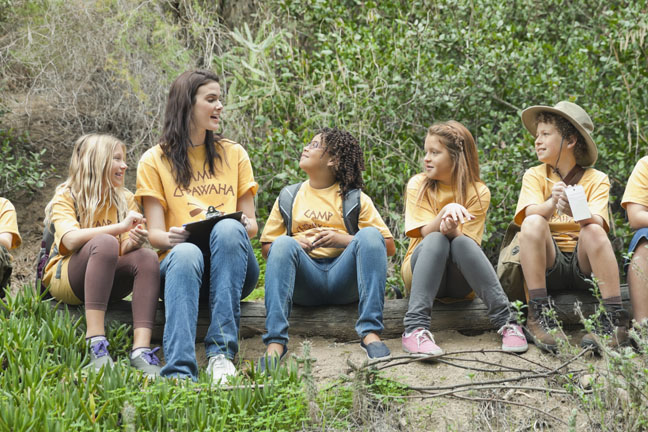Luckily, I have three little ones who adore camp. Some kids may not relish the idea of straying far from home and Mom—but not mine! I drop them off in the morning, grab a rushed half-hug, and watch as they hurry to join friends and fellow campers.
My kids just finished second grade and are spending their summer in some outrageously fun day camps, but they’re now old enough to start longer sleep-aways which will take things to a whole new level. I have fond memories of my own childhood camp in the Blue Ridge Mountains and want that experience for my kids—so the question is not if, it’s which one?
Summer camps for kids come in almost as many shapes and sizes as the kids themselves. From specialized adventures in sailing, science, dancing, drama, riding, and rocking out, to general outdoor fun, the variety is enough to make a mother’s head spin!
With so many great options, the choice comes down largely to personality and price. Fun and friends are priorities for kids, while safety is essential for parents. In the end, choosing the right camp involves looking at the options, asking a lot of questions, and deciding which offers the right mix of adventure, growth, and security.
Here are some key things to consider when finding the perfect fit for your camper…and you!
How to Choose the Right Summer Camp for Kids
-
Day Camps vs. Stay Camps
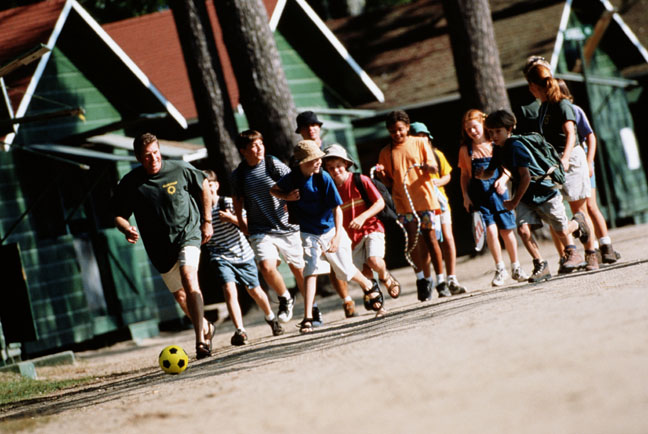
Day camps are a great way to ease younger kids into camp. Start with half-day programs and work up to full days. Graduating to overnight camp is a big step, and children should help decide when they’re ready. More outgoing and independent kids may start sleep-aways as early as eight, while others are better off waiting until around twelve.
-
Age Range

Consider not just the age (and maturity) of your child, but the entire camp group. Younger grade schoolers often benefit from exposure to older tweens and teens who can be great mentors. That said, make sure there’s sufficient adult supervision to avoid any problems or bullying.
-
Friends & Siblings
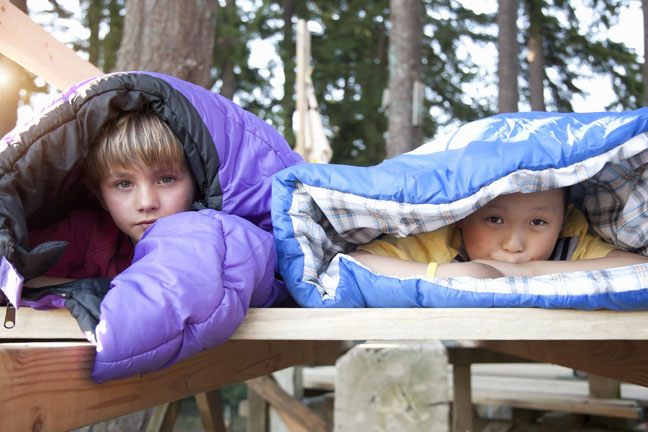
Most kids prefer to go to camp with friends, and having familiar faces around can help them transition. Find out where their buddies are heading for the summer, but look for opportunities that offer a mix of kids and a chance to forge new friendships. For siblings, consider how much separation they’ll get since solo time helps them grow.
-
Boys vs. Girls
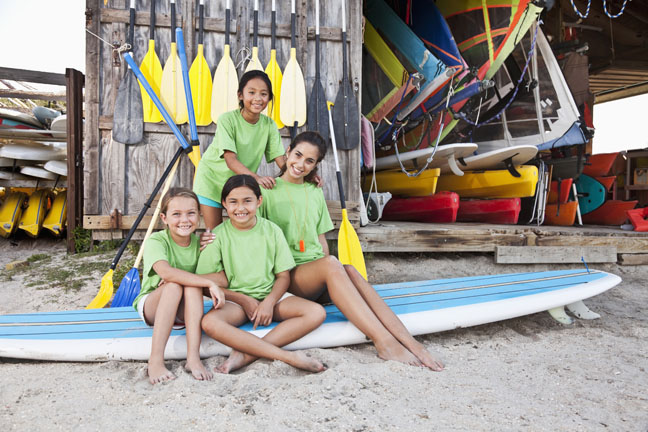
A majority of camps are coed, but there are plenty of unisex options for boys and girls. Girls Scouts of the USA is one of the larger groups, offering camps in all 50 states.
-
Short vs. Long
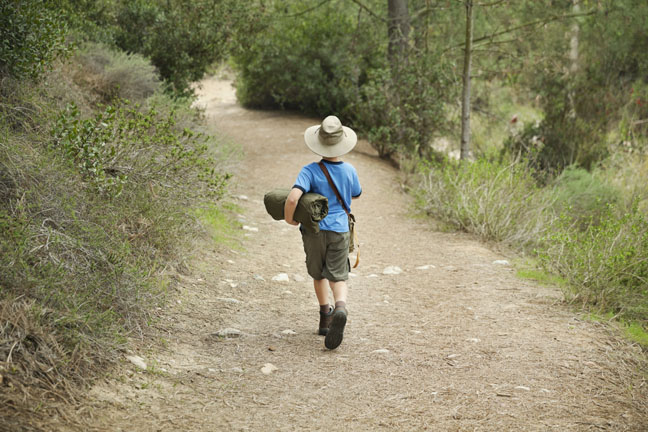
The duration of a camp can make a difference in whether kids enjoy it. Sometimes less is more---a child may be better suited for a three-hour day than an eight-hour one. For sleep-away camps the same holds true---one week is plenty for younger kids who should build up to longer stints.
-
Location

For overnight camps, setting is crucial to the experience. Mountains or city? Lake or beach? Each holds its own special magic, and part of the beauty of summer camp is getting kids out of their native habitats and into a place that’s exciting, unexpected, and challenging!
-
Focus & Variety
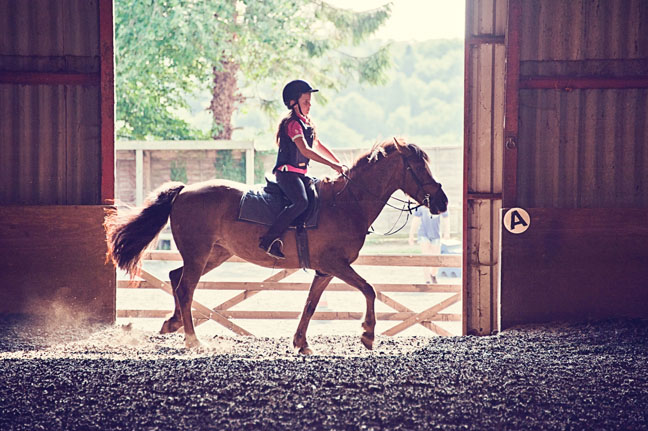
Consider your child’s interests and whether a camp offers enough variety. Most themed camps break up the day with varied activities to avoid burnout, while others are intensive and focused completely on skills and specialties.
-
Daily Schedule
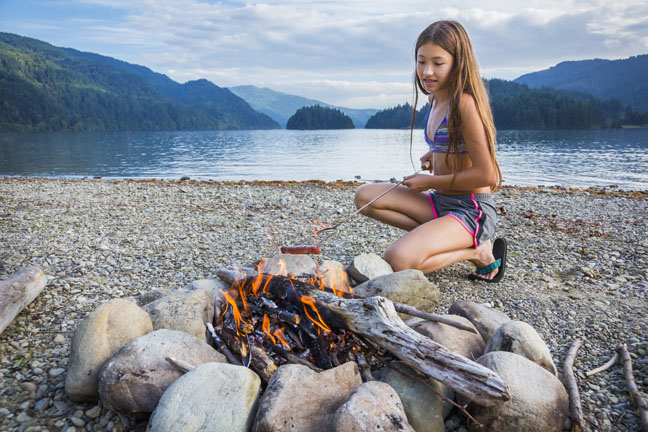
Ask for a sample schedule to determine how much free time and optional activity there is---choosing what they want to participate in fosters independence in kids. Consider the balance of intimate vs. group interaction as well, which is especially important for shy kids or reluctant first-timers.
-
Values & Community
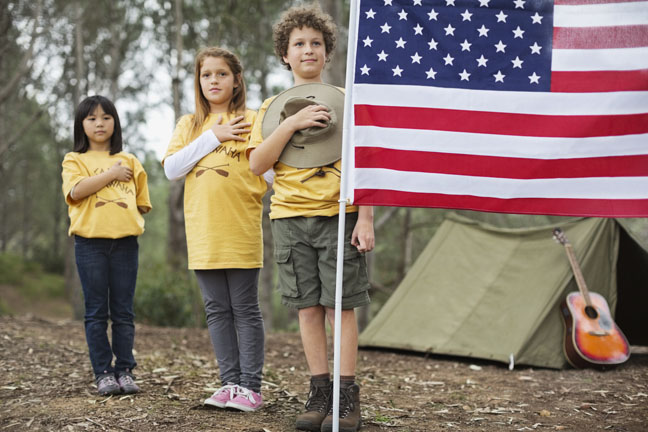
Along with setting, a camp’s values are integral to the experience. Does it value independence and freedom, or responsibility and leadership? Are prayers or services part of each day? Is it family run?
-
Counselors & Safety
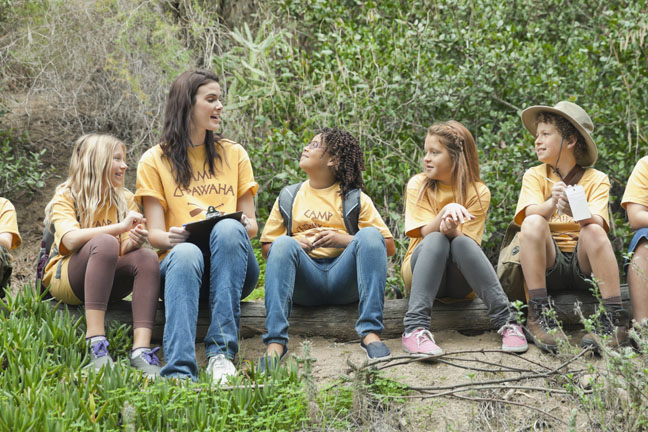
Counselors are the heart and soul of a camp. Training, experience, and counselor-to-kid ratio are vital to how smoothly and safely things operate. Ask how counselors are hired, what their first-aid training is, and how they deal with injuries and conflicts. It’s a plus if the camp is accredited by the American Camp Association (ACA), which evaluates hiring and safety procedures along with facilities and programs.
-
Communication & Technology

As moms, we need to hear from our kids---even if they’re having too much fun to miss us! Find out if a camp allows cell phones---many do not for obvious reasons, which means communication is limited. How often will your child be able to contact you via phone or mail? For longer sleep-over camps, are regular updates sent to parents and do they have visiting days?
-
Price & Pay Options

There’s nothing worse than finding the perfect camp only to discover you’ll have to sell the car to afford it! Camps can get expensive quickly, and parents with more than one child face double or triple costs. Be sure to inquire about sibling discounts and scholarships since many camps offer options to ease the burden.
